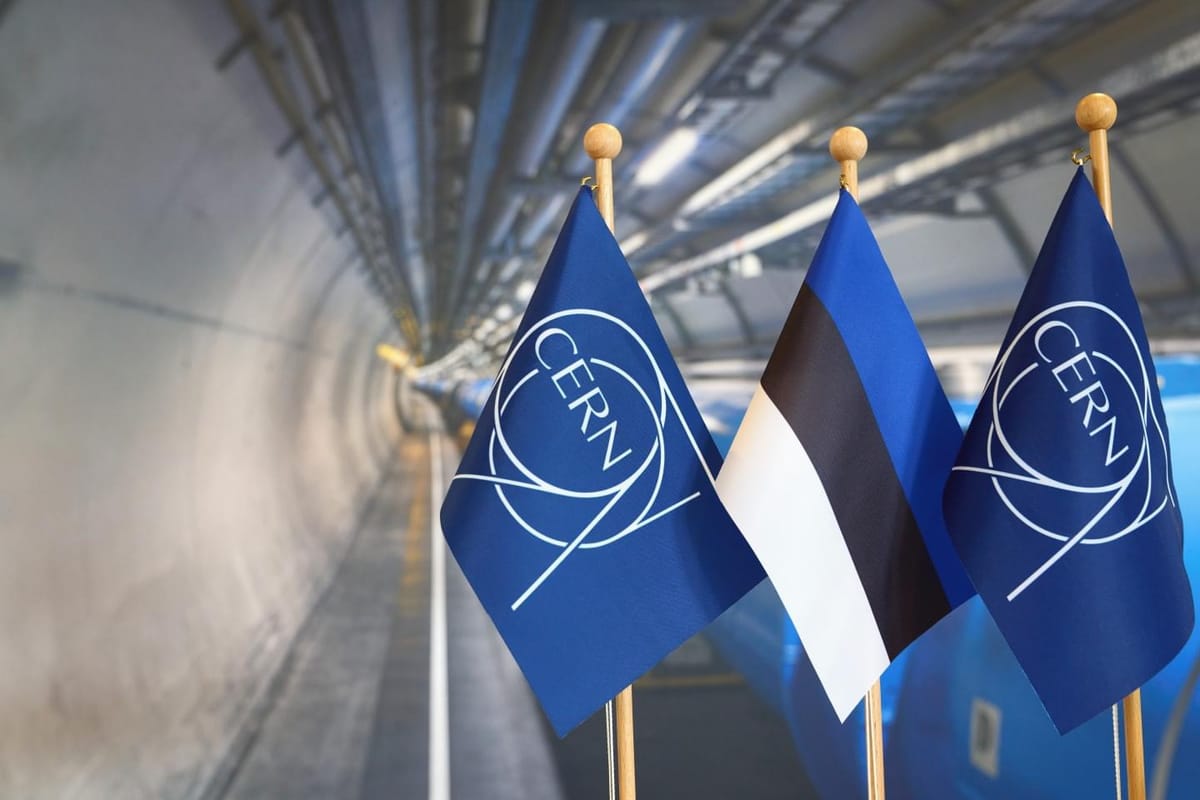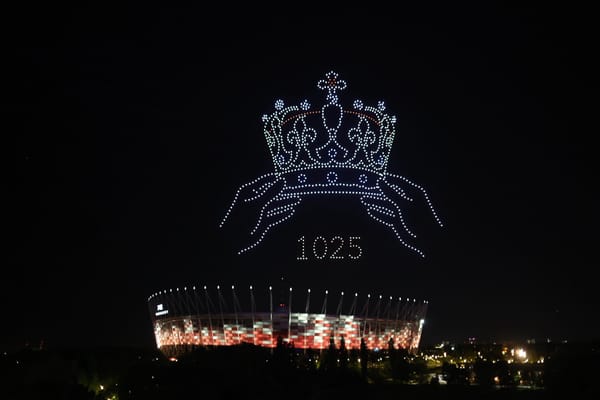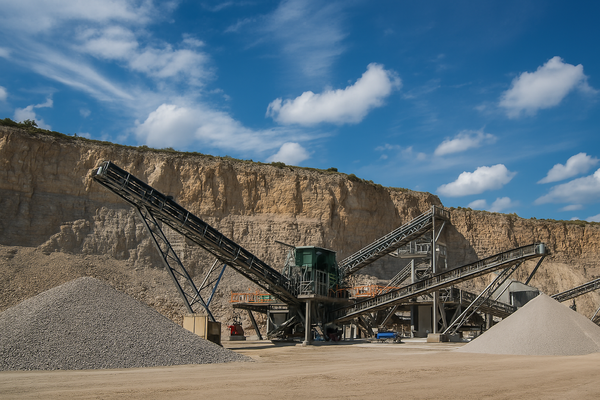
Estonia joins CERN
The European Organization for Nuclear Research (CERN) officially welcomed Estonia as its 24th member state on Friday, 30 August. CERN said Estonia’s joining represents “a significant milestone in the organisation’s history and furthering its commitment to international scientific cooperation”, adding that it “culminates a formal application process that began in 2018 and celebrates a partnership that has flourished over 3 decades”.
Estonia will now have voting rights in CERN’s highest decision-making body, the CERN Council, allowing Estonian nationals to compete for jobs and Estonian industries for CERN contracts. Estonian President Alar Karis said: “Estonia is delighted to join CERN as a full member because CERN accelerates more than tiny particles; it also accelerates international scientific collaboration and our economies. We have seen this potential during our time as an associate member state and are eager to contribute fully,” Karis added.
CERN and Estonia signed a cooperation agreement in 1996, and a second deal in 2010. A decade later Estonia was granted associate member state status, which came into effect in February 2021. Since 1997, Estonian researchers have contributed to data analysis and operating one of the Tier 2 centres of the Worldwide LHC Computing Grid (WLCG) in the Estonian capital Tallinn.
Estonian scientists have also participated in experiments targeting different aspects of particle physics and fundamental research. CLOUD (Cosmics Leaving Outdoor Droplets) investigates the role of cosmic rays in cloud formation, to enhance understanding of climate processes and the impact of cosmic particles on the Earth’s atmosphere.
COMPASS (Common Muon and Proton Apparatus for Structure and Spectroscopy) meanwhile explores the internal structure of protons and neutrons by analyzing how muons interact with these particles. HADES (High-Acceptance Di-Electron Spectrometer) examines particle collisions, contributing to the understanding of the early universe. TOTEM (Total Elastic and Diffractive Cross-Section Measurement) complements other experiments at CERN and enhances our grasp of fundamental properties.
Estonian scientists are also engaged in future collider studies. The Compact Linear Collider (CLIC) aims to explore new physics beyond the Standard Model while and the Future Circular Collider (FCC) envisions a larger circular collider to potentially unlock new realms of particle physics.
The current members of CERN are Belgium, Denmark, France, Germany, Greece, Italy, Netherlands, Norway, Sweden, Switzerland, the UK, Austria, Spain, Portugal, Finland, Poland, Hungary, Czechia, Slovakia, Bulgaria, Israel, Romania, Serbia, and now Estonia.





